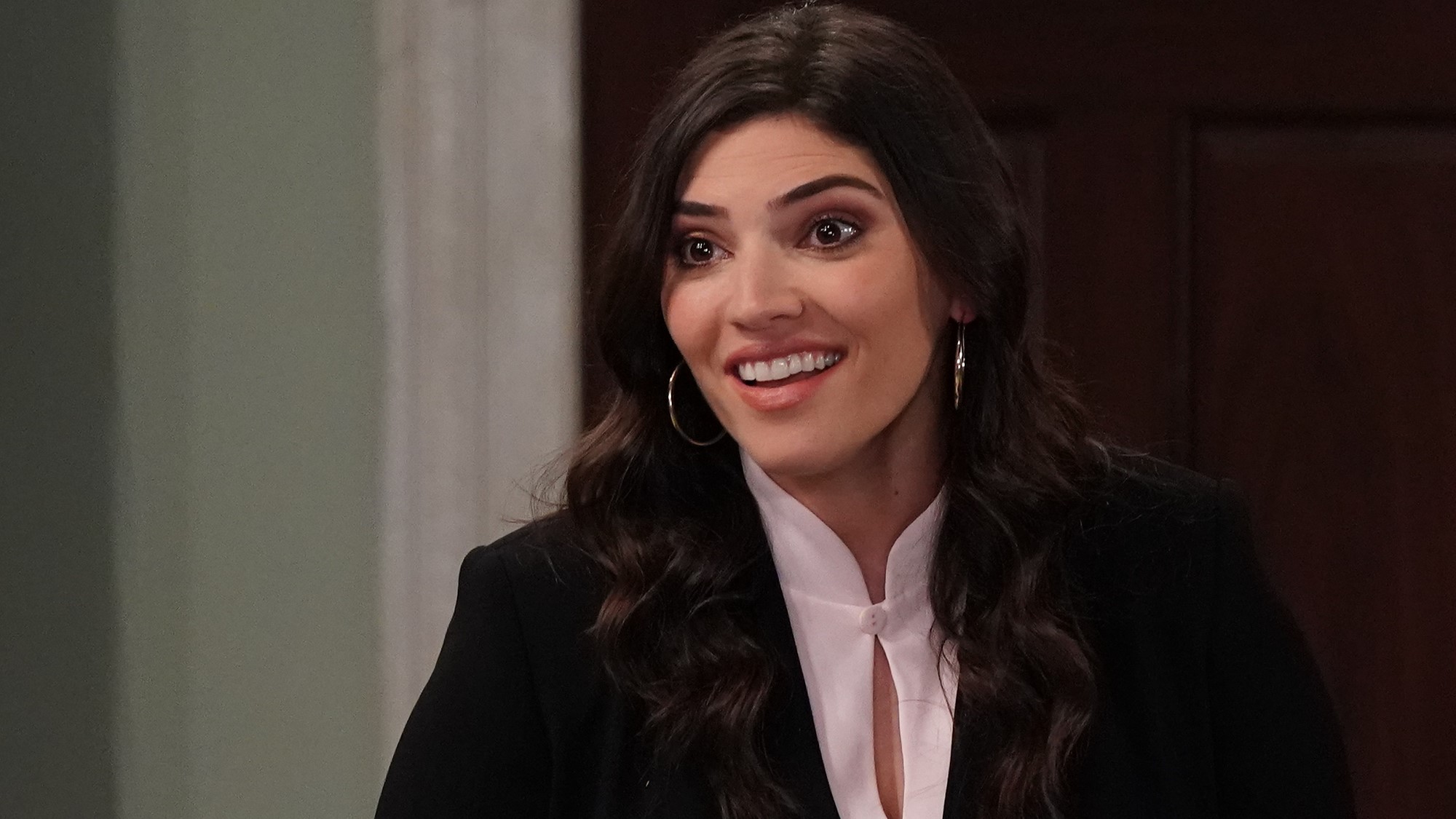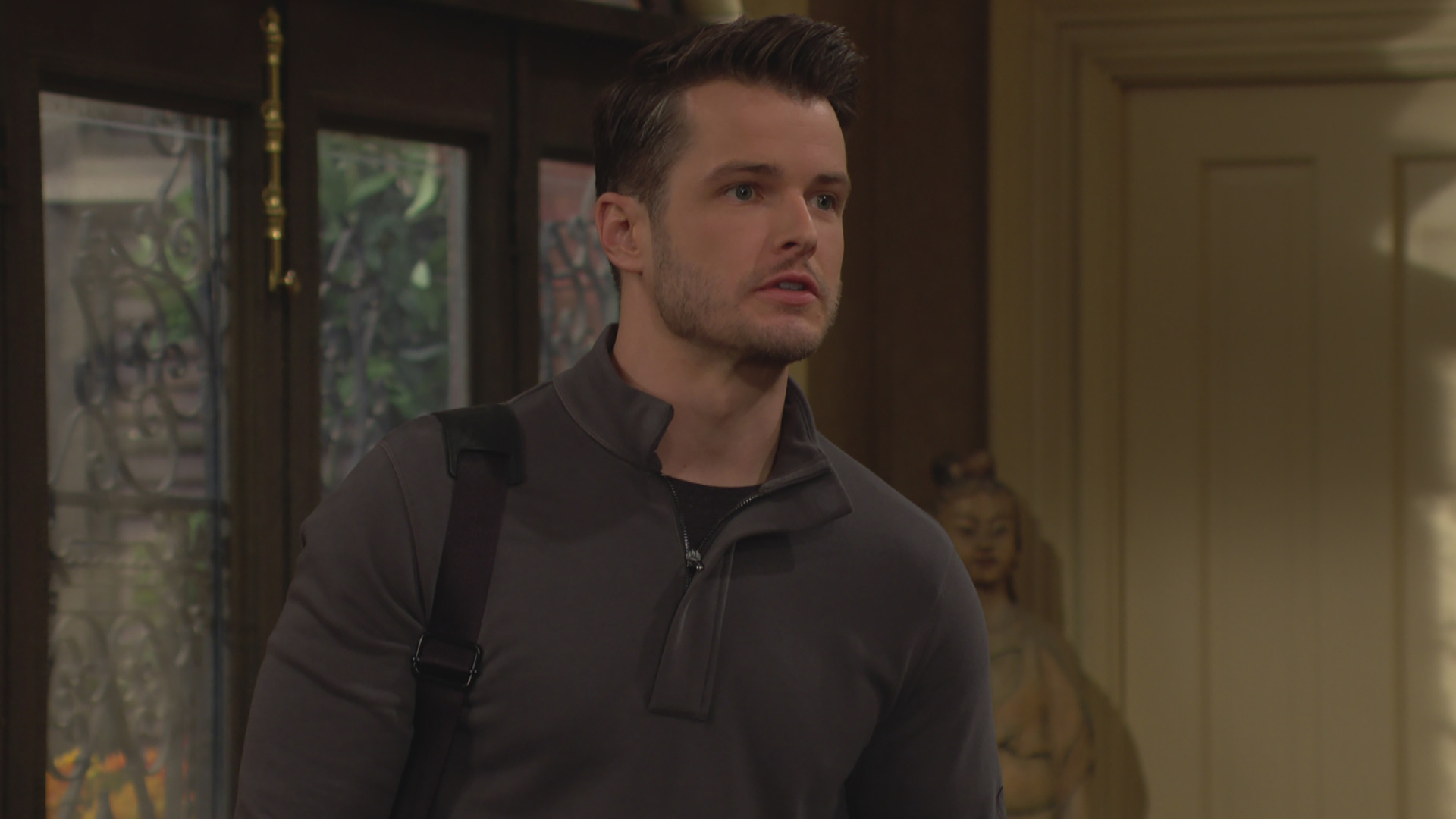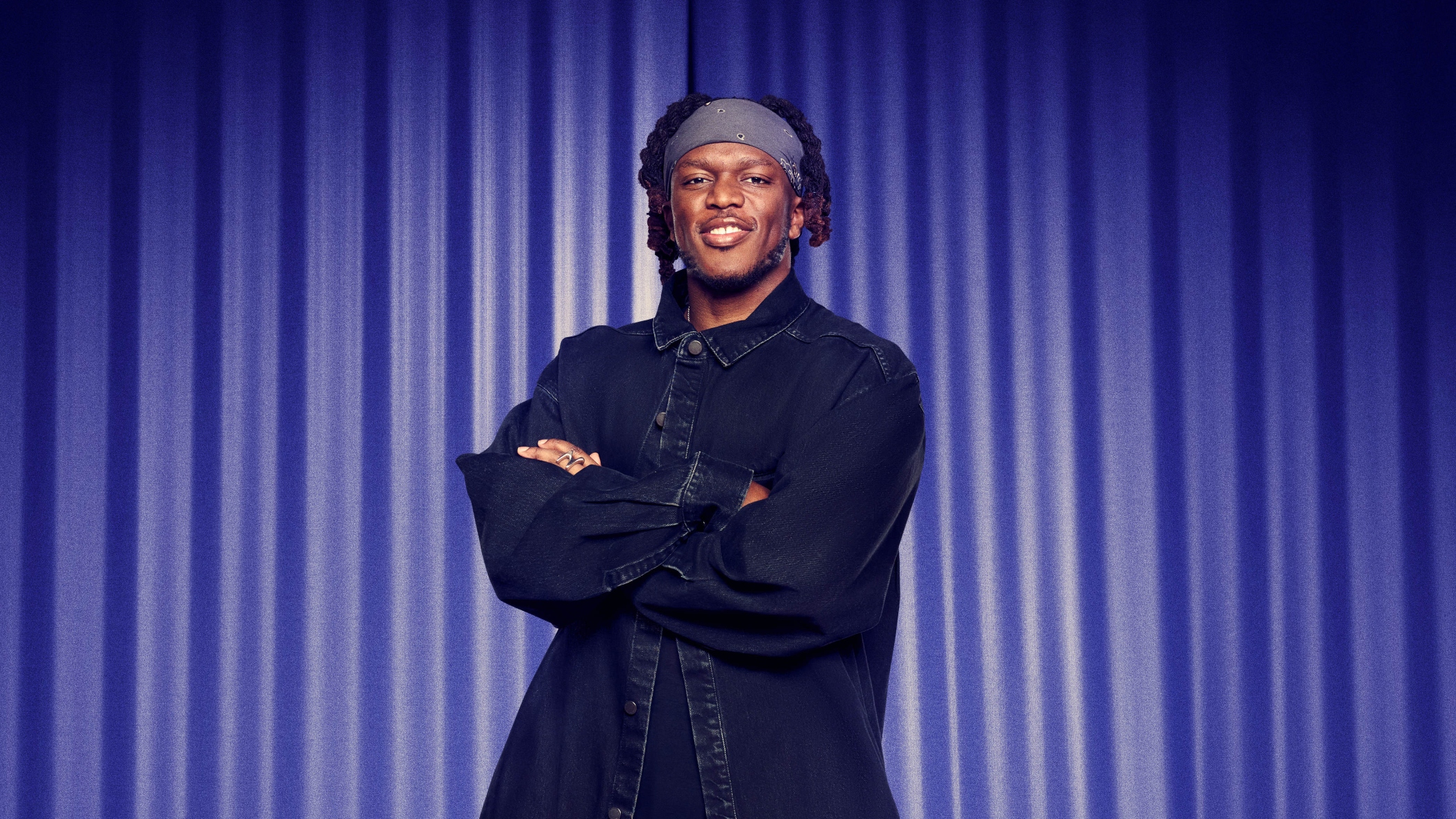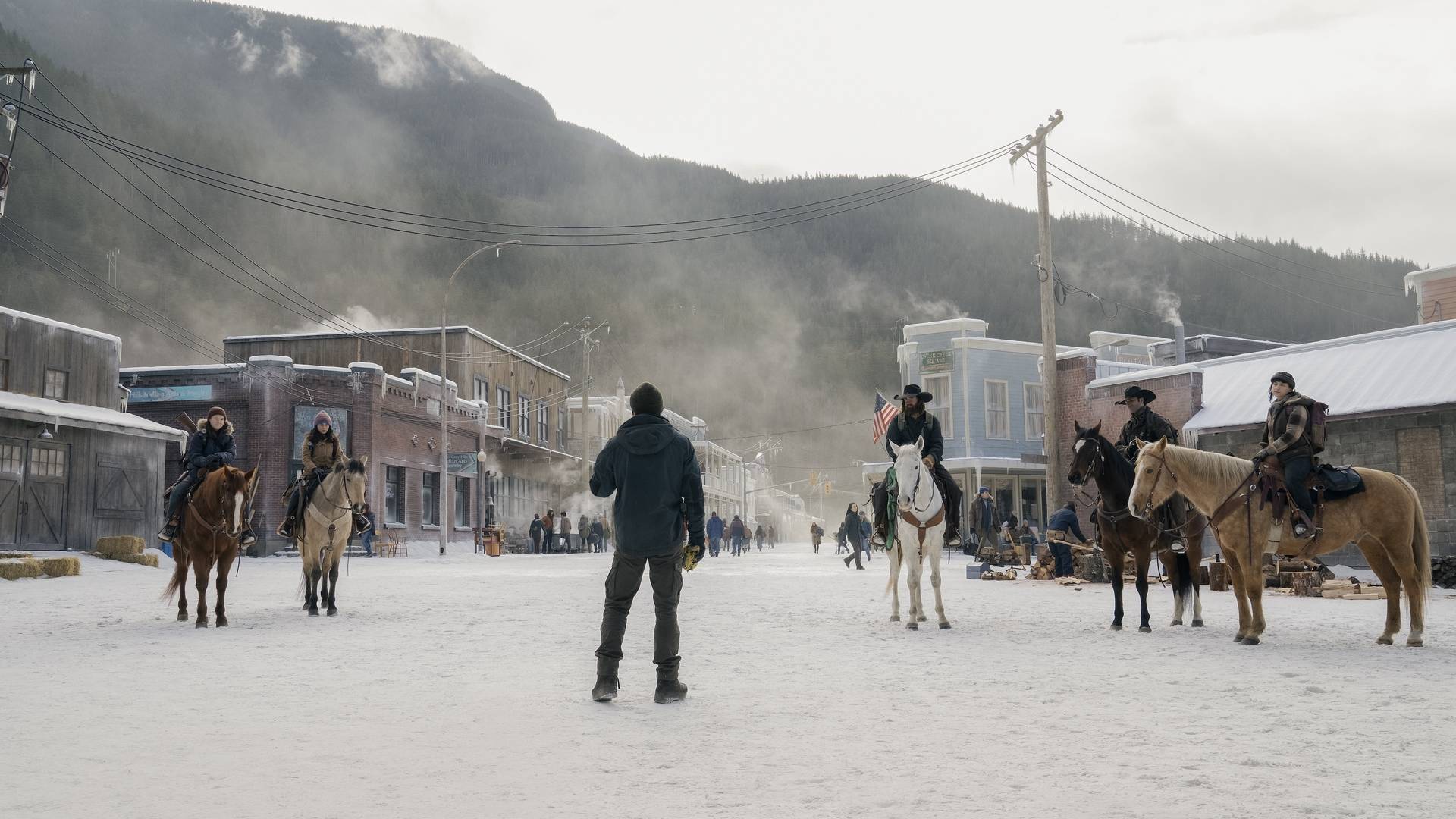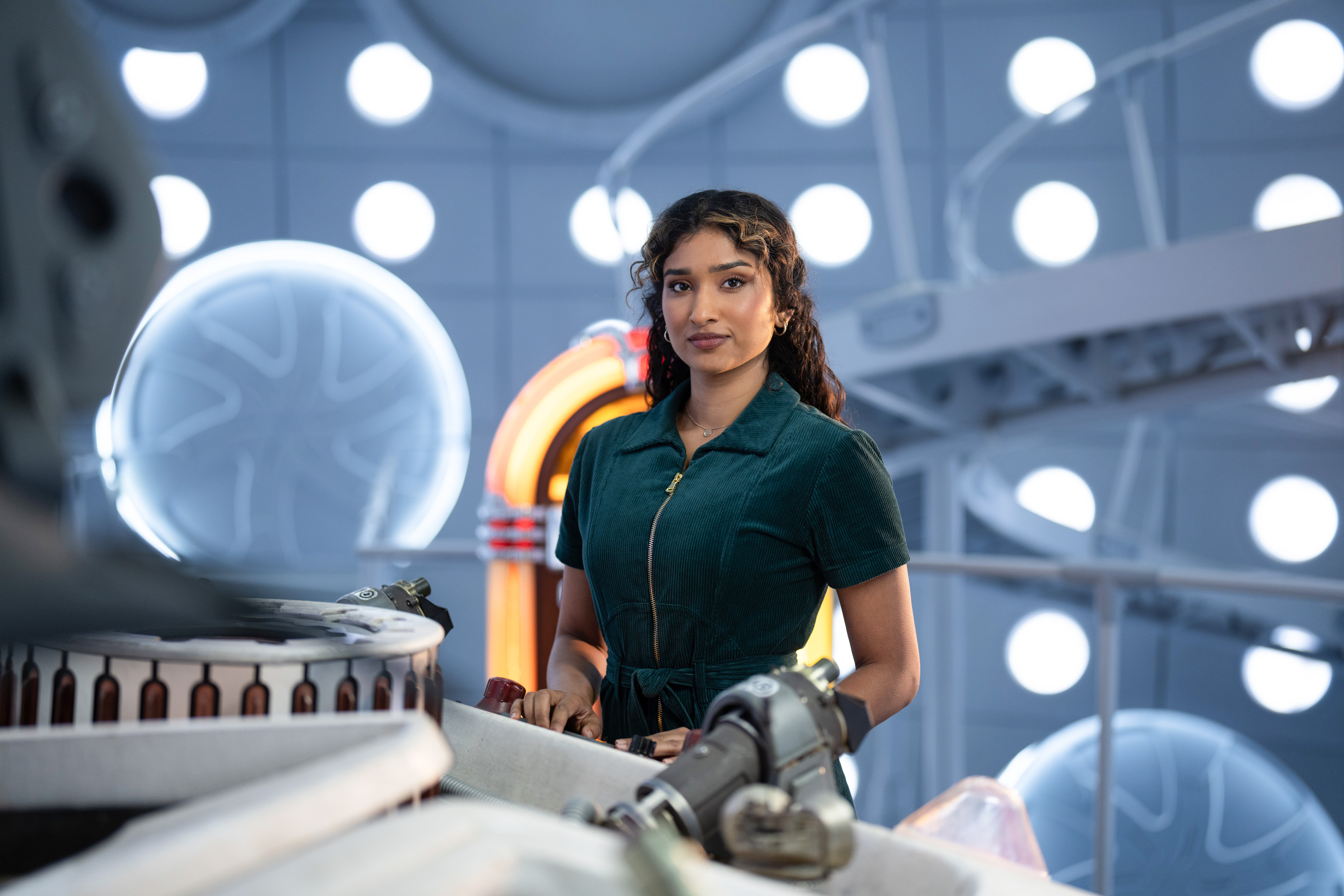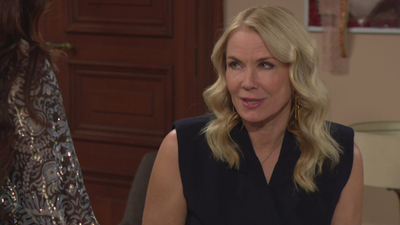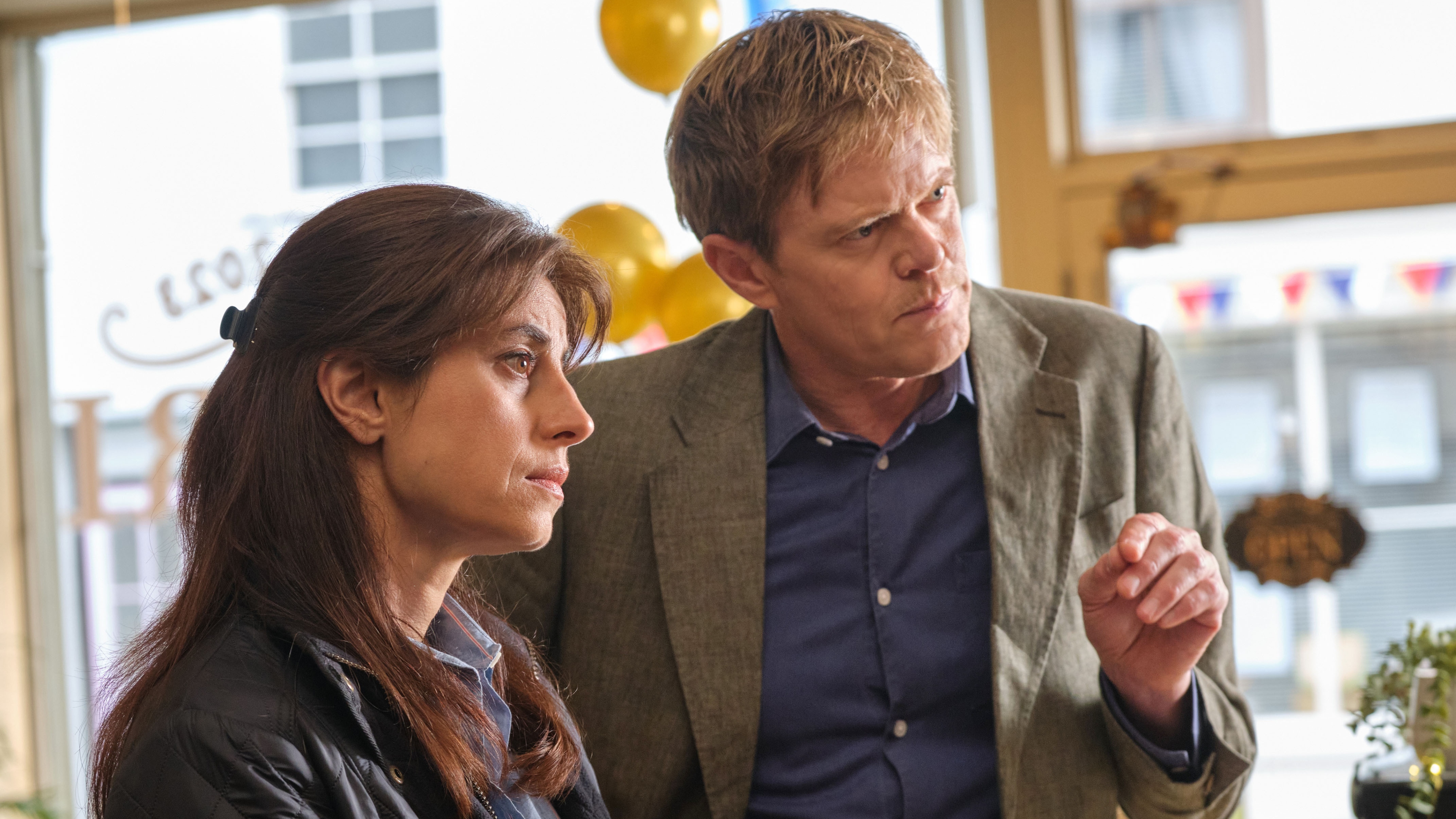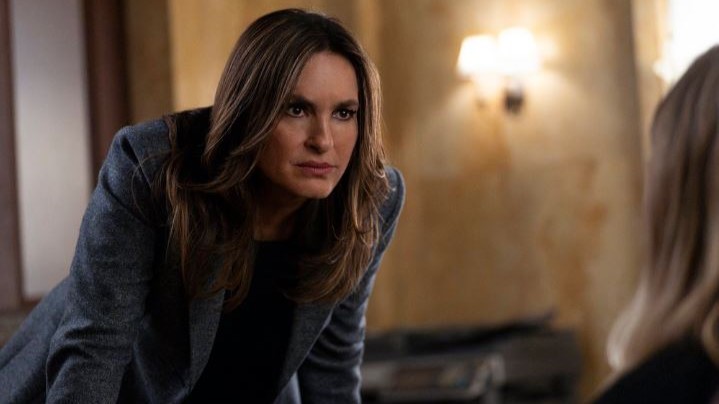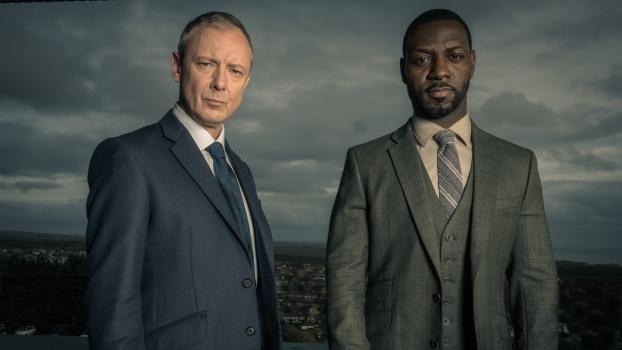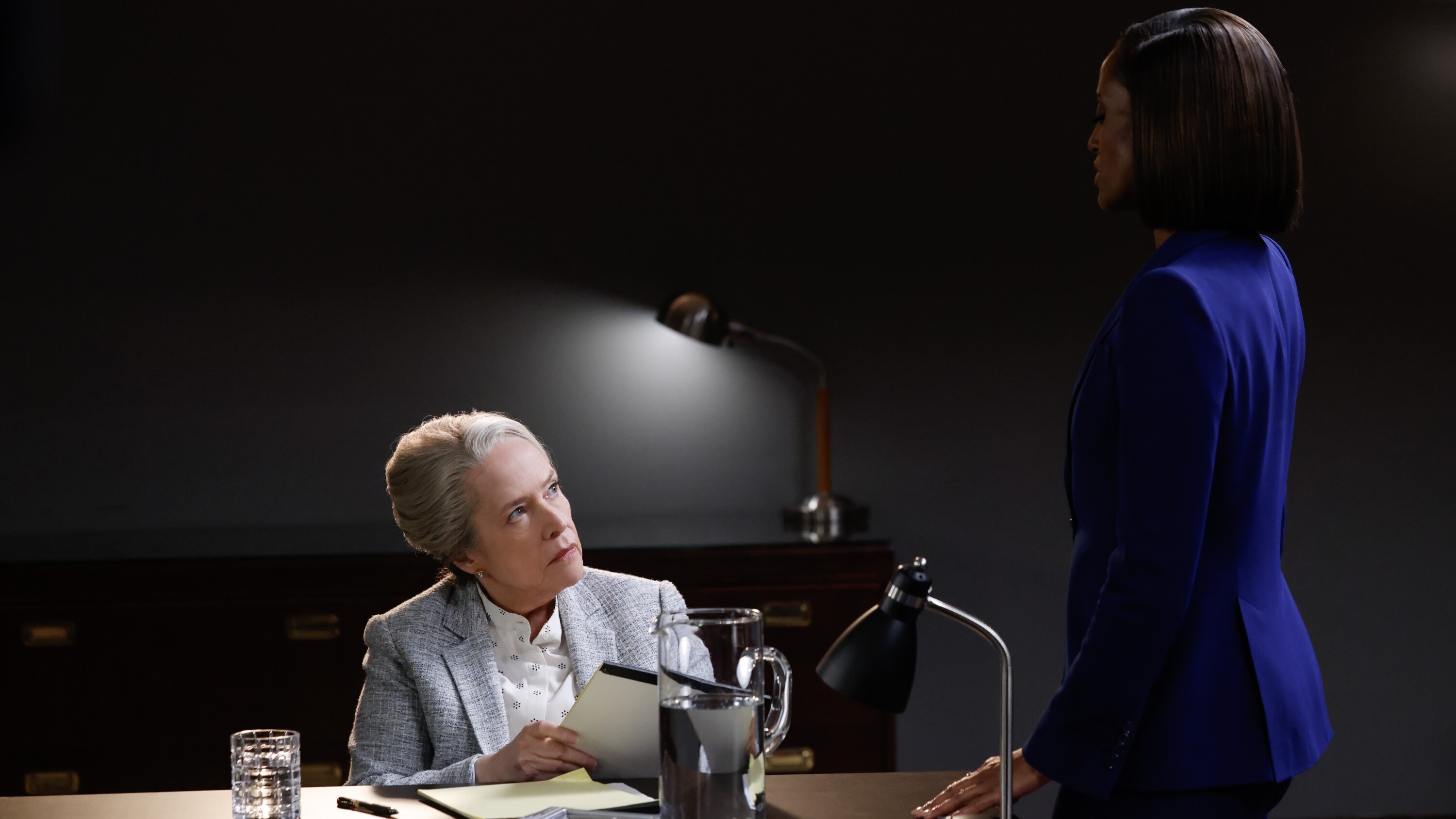Shardlake's Arthur Hughes on his role as 'the Tudor Inspector Morse'
Monastic murder mystery Shardlake stars Arthur Hughes as the dogged lawyer of the title
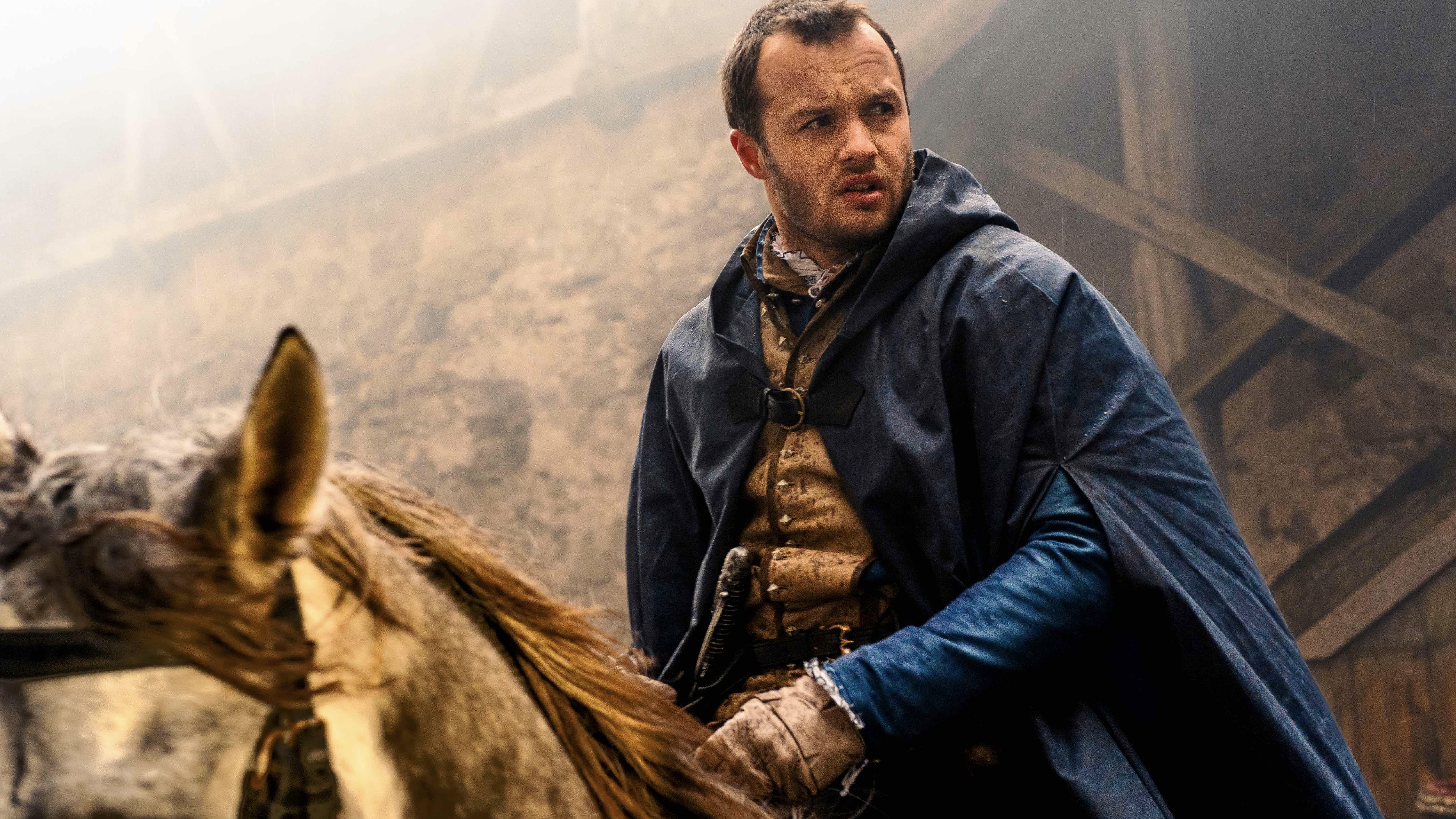
We tend to think of the monastic life as being a spartan one, but in the grand, candlelit refectory of St Donatus monastery, the tables are groaning with platters of mouth-watering food and goblets of fine French wine.
We're on set in Budapest for Shardlake, a murder mystery released on May 1 on Disney Plus set in the reign of Henry VIII during the dissolution of the monasteries, and already dubbed "the Tudor Morse".
London lawyer Matthew Shardlake (Arthur Hughes) is dispatched by chief minister Thomas Cromwell (Sean Bean) to investigate the brutal murder of his commissioner at St Donatus, so that the closure of the monastery can proceed, and its wealth pass to the crown.
However Shardlake, who is regularly taunted as "crookback" because of his scoliosis, does not receive the warmest of welcomes, and finds the case is more complex than he first thought. And with Cromwell’s underling Jack Barak (Manhunt's Anthony Boyle) keeping an eye on him, the shrewd sleuth knows failure is not an option.
During a break in filming, we caught up with Arthur, previously seen in supernatural Netflix series The Innocents and BBC drama Then Barbara Met Alan, and the first disabled actor to play Richard III at the RSC, to find out more…
How would you describe your character and the world he inhabits?
Arthur Hughes: "Matthew Shardlake is a good man in a world that is corrupt and divided, and all about money and power. This is a dangerous time of such political fracturing, and what Thomas Cromwell says is law. With Shardlake, it's all about the truth. He wants to help the underdogs as well, being someone on the fringes of society. That’s his calling."
Get the What to Watch Newsletter
The latest updates, reviews and unmissable series to watch and more!
We see Shardlake remonstrating with himself in quiet moments alone. What is his relationship with himself like?
AH: "Shardlake is quite a lonely man, and I think being disabled in that time does that. He is used to his own company, and often found talking to himself, but he really backs and believes in himself and, even in his moments of self-doubt and self-hatred, knows he is a good man."
Does his legal background help him in his detective work?
AH: "He practises law at Lincoln's Inn Fields, and is quite methodical. One of his main methods is being patient and thinking: ‘Something will come, we just have to keep on going through every detail.’ He's like a lie detector, in that he's happy to just stare at someone and let them keep talking and give them enough rope to hang themselves!"
What do you think fans of the CJ Sansom book Dissolution, on which this is based, will make of the series?
AH: "There are a million ways to bring this book to life, and so many combinations of actors that could do an incredible job with it, but nothing's ever going to be what your imagination can build in a book. Having said that, there have been so many times when I've gone: ‘This is exactly how I pictured it!’"
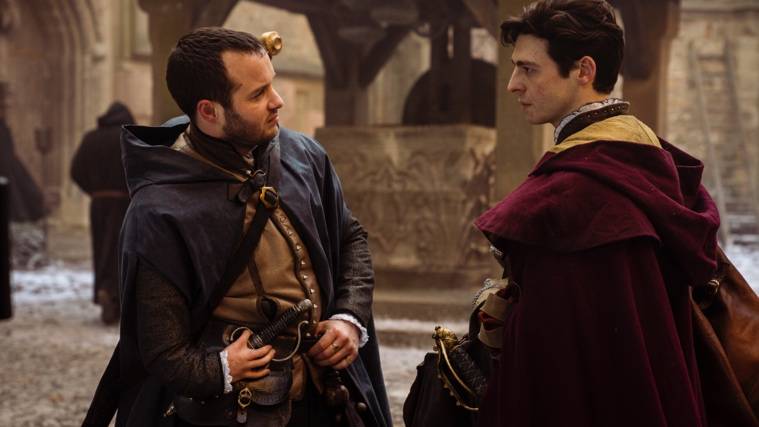
How would you describe the relationship between Shardlake and his companion Jack Barak?
AH: "Barak and Shardlake are like the odd couple, and this brotherhood forms between them because they're in this difficult, frightening situation where they are the outsiders and have to be each other's support. Barak’s got the charm and the gift of the gab, against Shardlake’s coolness, so they are good foils for each other."
How does monastery servant Alice fit into the story?
AH: "Shardlake is thinking: ‘Why couldn't I have marriage, children and all that?’ So it’s nice, when he does meet Alice, to be able to entertain that possibility. "
Having an upper limb difference, could you relate to Shardlake’s experience of scoliosis?
AH: "I know what it is not to be picked for something, or to be stared at and made to feel different. My personal journey is one of thinking: ‘Is my disability something that's holding me back or taking me forward?’ He has that kind of journey as well, so there's a lot I can relate to."
What does the story tell us about changing attitudes to disability?
AH: "If you called someone who has scoliosis’ hunchback’ today, they wouldn't like it. People don’t like to be called these archaic names, and words can be so powerful. Shardlake does get called a hunchback and ‘crookback’, but that's the language of the time."
Shardlake’s condition affects how he thinks about himself and his life. As a disabled actor, do you relate to that?
AH: "It’s about how you pick your life choices based on the way you think and the way you perceive yourself. I have had that in common with Shardlake at certain times in my life."
What has that meant for you?
AH: "You have to generate your own self-confidence engine that may be required to be five times bigger than everyone else's. To really get loving yourself, instead of hating yourself."
You have quite a few action scenes. Were there any hairy moments?
AH: "One day we'd been riding horses on the beach on the Danube about an hour out of Budapest, and my horse bolted! At the time it was scary and the speed was quite treacherous! It really knocked my confidence, but I got back on the horse a few days later."
Did you ever consider training as a lawyer?
AH: "I wanted to be a lawyer when I was younger, but the only reason I liked it was because there was a costume involved! I think I'd watched movies with lawyers in them and thought: ‘Wow, everyone's hanging on their every word!' But I ended up on the stage doing plays instead."
What do you enjoy about playing Matthew Shardlake?
AH: "It's nice to play a character for whom disability is not the most interesting thing about him. It’s referenced, and part of who he is, but it's not a big part of the story. That's what I look for now in my career. Playing characters with disabilities will always be there for me, but it's not the most interesting thing. It’s just like the colour of your hair!"
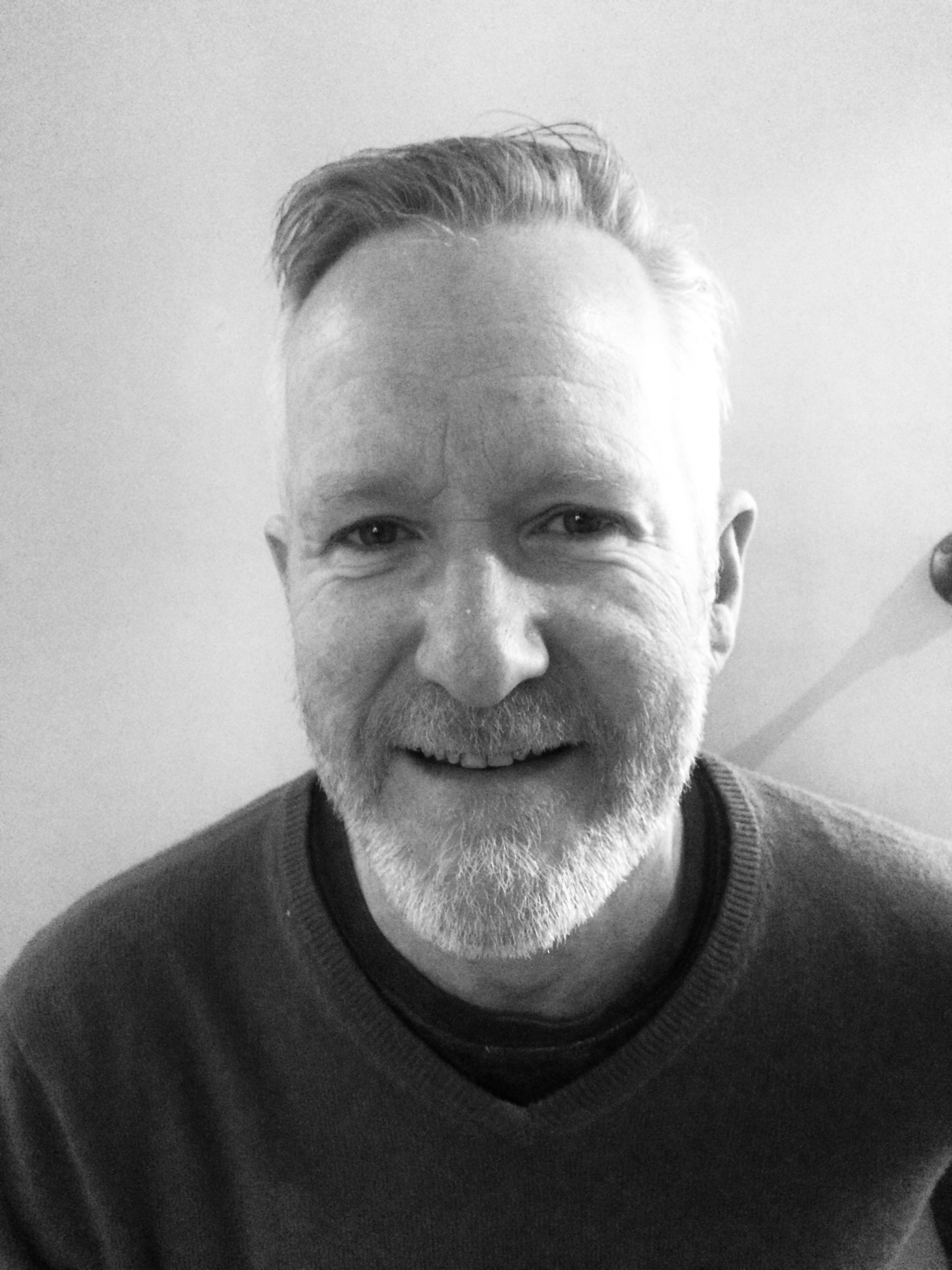
Ian writes about TV and film for TV Times, What’s on TV and TV & Satellite Week magazines. He co-hosts the weekly TV streaming podcast, Bingewatch.
